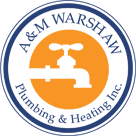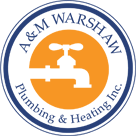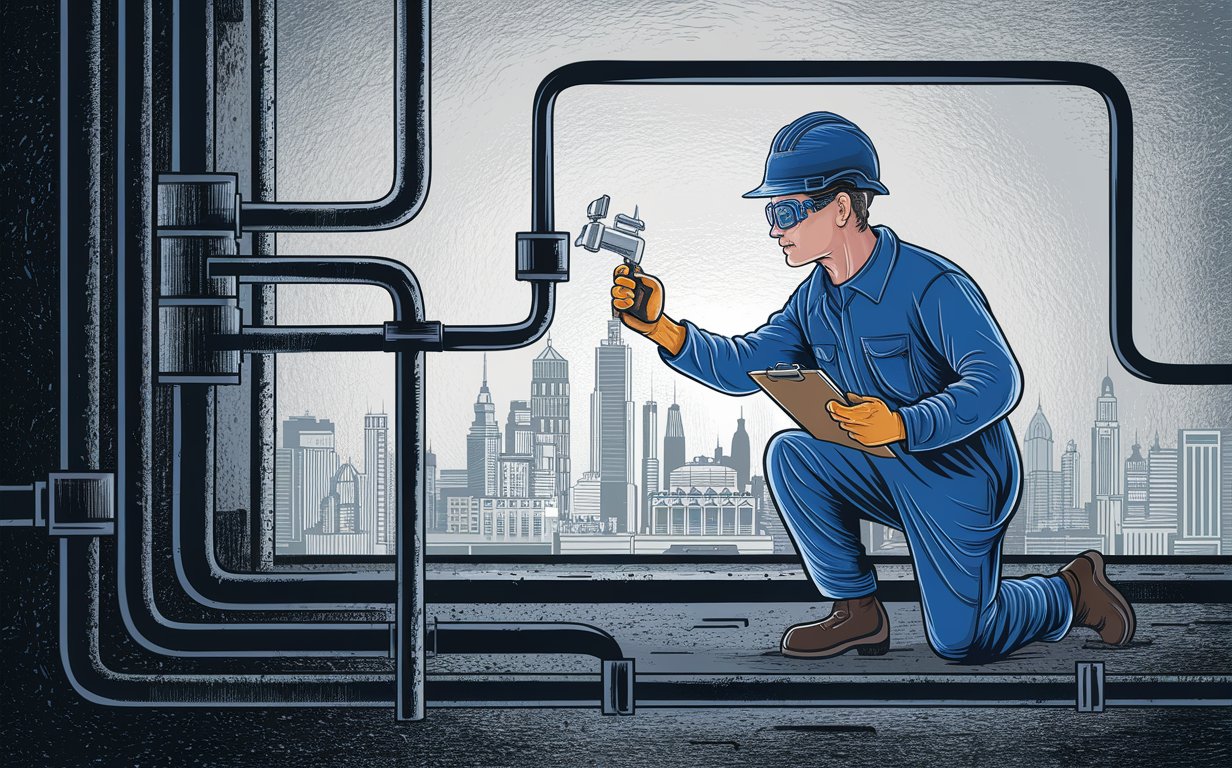NYC’s Local Law 152, enacted in 2016, is a crucial regulation aimed at enhancing safety in buildings by mandating regular inspections of gas piping systems. The law requires that all gas lines, including those in residential and commercial properties, are inspected every four years. This proactive approach helps to identify and mitigate potential hazards associated with gas systems, which can otherwise lead to dangerous and costly incidents such as leaks, explosions, or fires.
Compliance with Local Law 152 is essential for property owners to ensure the ongoing safety and integrity of their gas systems. Inspections must be conducted by qualified professionals who are certified to perform such assessments. The results of these inspections must be documented and submitted to the NYC Department of Buildings (DOB). Failure to adhere to these requirements can result in significant fines and enforcement actions, highlighting the importance of timely and thorough inspections.
How To Stay Compliant With DOB Local Law 152 Requirements?
To ensure compliance with DOB Local Law 152, follow these essential steps:
- Schedule Inspections:
- Hire Qualified Inspectors:
- Submit Reports:
- Address Issues:
- Maintain Records:
- One- and two-family dwellings
- Convents and monasteries with less than 20 occupants
- Group homes
Contact a licensed gas inspector well before the due date to arrange for the inspection. It’s crucial to plan ahead to avoid last-minute issues.
Verify that the inspector you hire is licensed and has the necessary qualifications to perform gas line inspections. They should be familiar with NYC’s specific regulations and codes.
After the inspection, ensure that the results are submitted to the Department of Buildings. This documentation is essential for compliance and must be filed within the specified timeframe.
If the inspection uncovers any problems or deficiencies, address these issues promptly. Failure to resolve identified problems can lead to safety hazards and non-compliance.
Keep detailed records of all inspections, including reports and correspondence with the DOB. This will be useful for future inspections and in case of any disputes.
LL152 Gas Inspection Due Dates By Districts
NYC’s Local Law 152 stipulates specific inspection due dates based on building districts. These dates ensure that inspections are conducted systematically across different areas of the city. Below is the latest schedule for 2024:
| Period | Community Districts |
| January 1, 2024 – December 31, 2024 | Buildings in Community Districts 1, 3, and 10 in all boroughs |
| January 1, 2025 – December 31, 2025 | Buildings in Community Districts 2, 5, 7, 13, and 18 in all boroughs |
| January 1, 2026 – December 31, 2026 | Buildings in Community Districts 4, 6, 8, 9, and 16 in all boroughs |
| January 1, 2027 – December 31, 2027 | Buildings in Community Districts 11, 12, 14, 15, and 17 in all boroughs |
Each district is assigned a due date to ensure that inspections are evenly distributed throughout the year. Property owners should be aware of their district’s due date and ensure that their inspections are completed accordingly to avoid penalties.
Local Law 152 Gas Inspection Costs
The cost of a Local Law 152 gas inspection can vary depending on several factors, including the size of the property, the complexity of the gas system, and the rates charged by the inspection service. On average, inspections range from $300 to $1,000. Costs may also include additional fees for any required repairs or follow-up inspections. It’s advisable to obtain quotes from multiple licensed inspectors to ensure competitive pricing and to budget appropriately for compliance.
Investing in regular inspections is not only a legal requirement but also a proactive measure to prevent potentially costly and hazardous gas system failures. The expense of the inspection should be viewed as an investment in the safety and longevity of your property’s gas system.
Who Is Exempt From Local Law 152?
While Local Law 152 applies broadly to most properties with gas systems, there are certain exemptions. Buildings that do not utilize gas for heating, cooking, or other purposes may be exempt from the inspection requirement. Additionally, some government or specialized facilities may fall outside the scope of this law. To determine if a property is exempt, it’s important to consult with the NYC Department of Buildings or a legal expert familiar with local regulations. Usually, the following buildings are exempt from LL152 Requirements.
Can Any Plumber Do A Local Law 152 Gas Inspection?
Not all plumbers are qualified to conduct inspections under Local Law 152. Only Licensed Master Plumbers (LMPs) are authorized to carry out gas line inspections and assessments in NYC. It is crucial to hire an inspector with the appropriate credentials to ensure that the inspection meets all regulatory requirements and that the results are valid. Property owners should verify the qualifications of any inspector they plan to hire to ensure compliance and safety.


